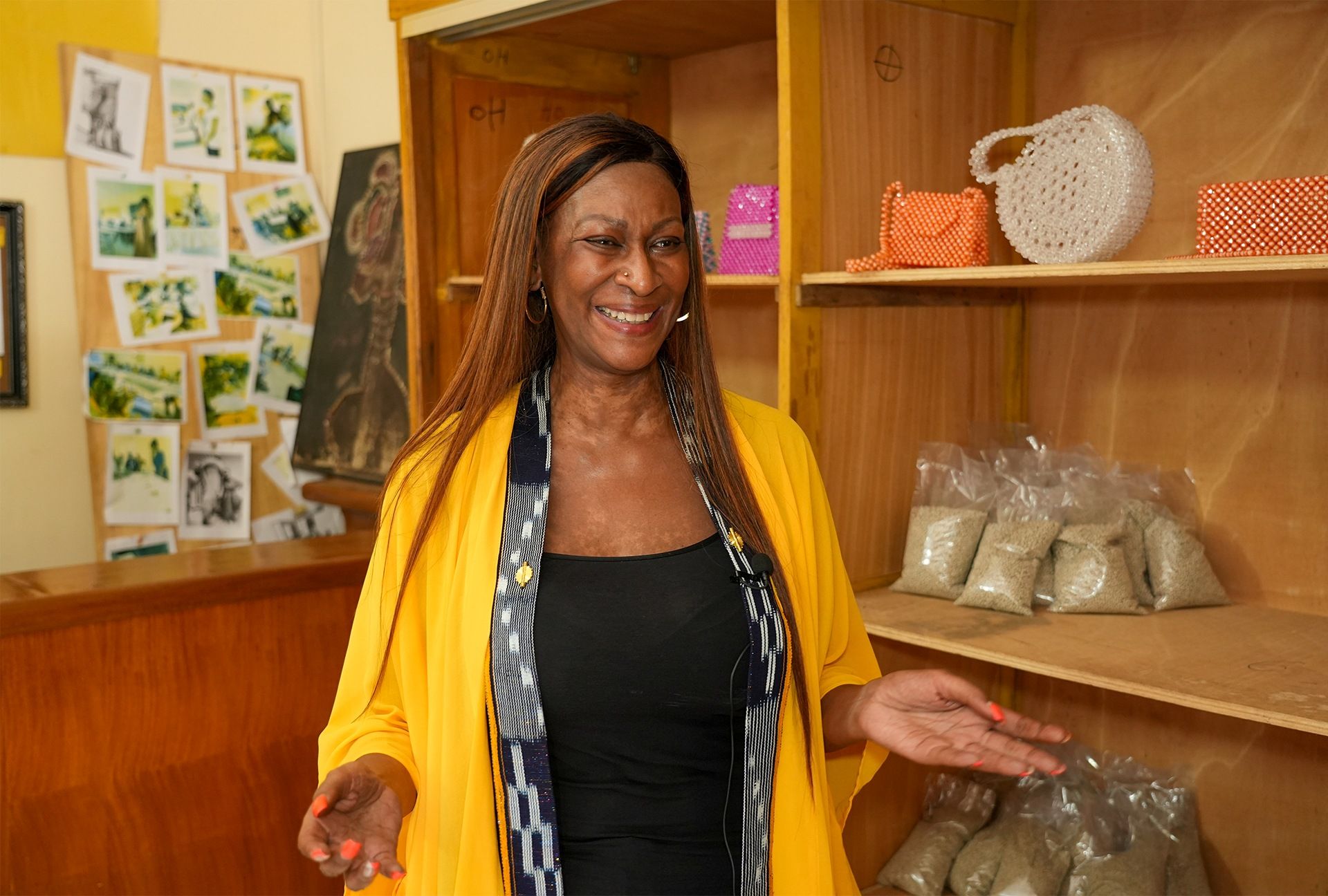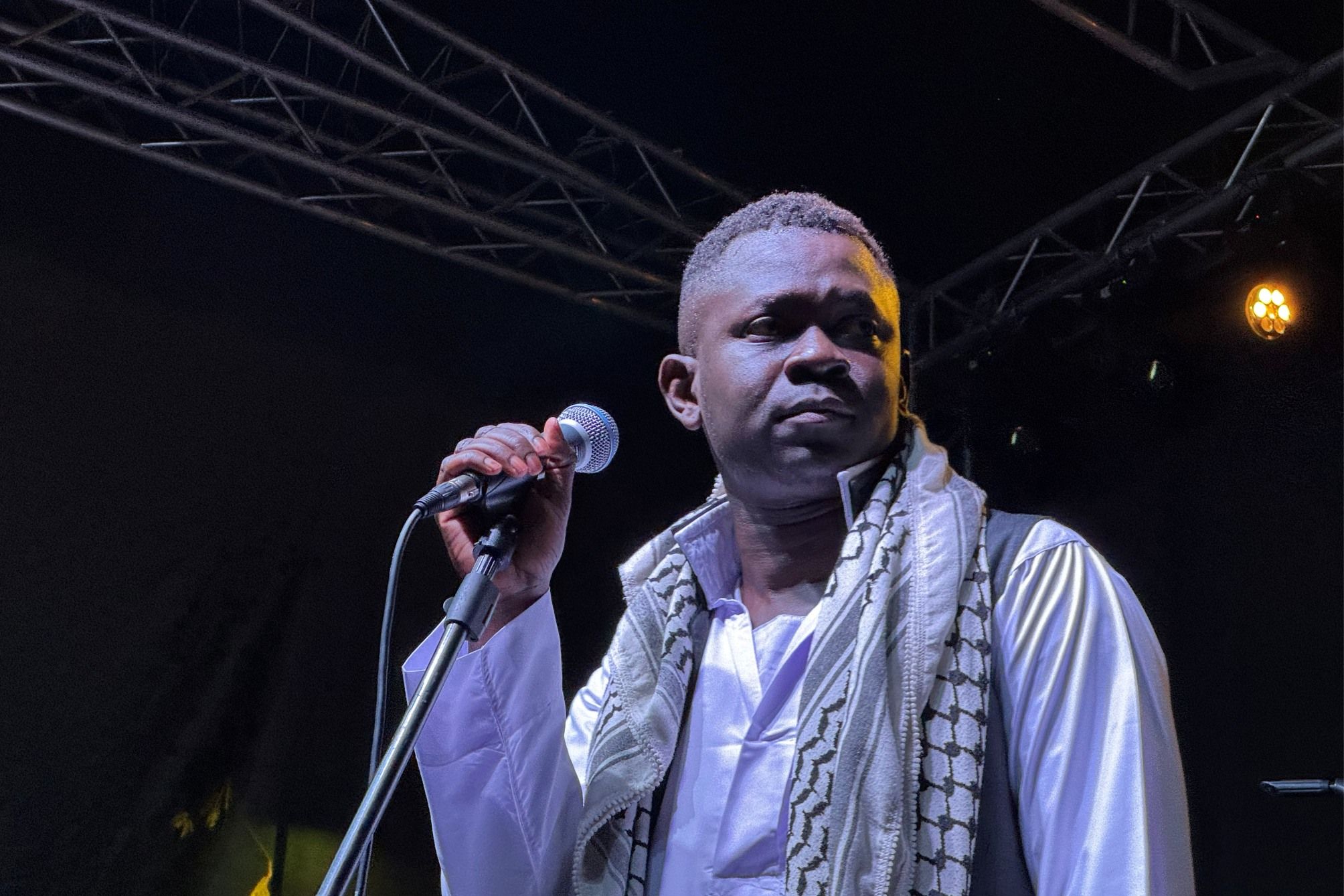[bctt tweet="What really makes Gro Intelligence stand out is the fact that it is committed to solving two of the largest and most urgent issues in the world – food security and climate change." username="QaziniKenya"]
Even by American standards, $85 million is a heck of a lot of money for a startup to raise. In Kenya, it is the equivalent of Kshs 9 billion! But in the world of high programming and Artificial Intelligence (AI), Gro Intelligence’s massive scoop could just be a drop in the ocean.
What sets Gro Intelligence apart is the fact that it is using AI in a field that is as far away from computers as can be – agriculture. Apart from the mechanization of farming methods, the adoption of other technologies in agriculture has been rather slow.
Gro Intelligence
Gro Intelligence is not your typical tech startup. Its mission to avert a predicted food crisis within the coming decade is quite literally, a mission to save the earth. By using AI tools, Gro has been developing the world’s largest agricultural modeling platform for retailers, governments, and institutions invested in the food market.
The Gro Intelligence platform combines digital data analysis tools with agricultural statistics to, identify, understand correlations, and resolve long-standing food security and climate threats facing the globe. It’s this lofty mission that has brought investors calling.
That Gro Intelligence is a global concern is indicated by the fact that the company maintains an office in Nairobi and New York. The Gro platform provides data for the entire world, from China’s corn needs to Brazil’s coffee yields. This way, policy-makers are able to plan and make better decisions because they are better informed. This is Gro Intelligence’s singular mission – better information to avert a food crisis.
Sara Menker: Founder, CEO
Behind that bold mission is the Founder and CEO of Gro Intelligence Sara Menker. An Ethiopian by birth, Sara cut her teeth on the fast lane of Wall Street, rising to become the Vice President at the commodities division of prestigious investment bank Morgan Stanley investment.
It’s while she was working at Morgan Stanley that Sara had the idea to start Gro Intelligence. In her own words, exchanging sacks of potatoes for gold opened her eyes to the problems facing the agricultural industry the world over. So she decided to open a social business around it – make her contribution to the world.
Gro Intelligence was registered in Nairobi in 2014 and immediately captured the attention of the world. Sara Menker has spoken widely about her mission, including at a TED Talks convention in 2017. The sensitization campaign, especially her early warnings of an impending food crisis, has been bearing fruit. The world is starting to take notice. The $85 million investment is just one indicator of this.
The $85 Million Series B funding
With $85 million, Gro Intelligence has raised the largest investment of any African start-up ever. Led by Intel Africa, this series of funding is intended to help the company to accelerate the development of the Gro platform and to upgrade the platform's artificial learning capabilities.
But what really makes Gro Intelligence stand out is the fact that it is committed to solving two of the largest and most urgent issues in the world – food security and climate change. What sets Gro apart is that the company has found a way to solve these problems instead of just pointing them out, as is often the case.
It’s the reason why Sara decided to move Gro Intelligence's headquarters from Nairobi to New York. As the economic capital of the world, the city offered this global concern a global platform on which to carry out a critical mission. From Gro Intelligence headquarters on 6th Avenue, Sara has slowly been inserting simple, easy-to-understand metaphors (like the world intake of calories expressed in MacDonald Big Mac burgers) into normal conversations to highlight the seriousness of the issue.
Disruption? What disruption?
Through all this, Sara insists that Gro Intelligence is not here to disrupt agriculture. As much as methods like vertical farming are plugging crucial holes in the food supply system, they count for very little. For one thing, many staples cannot be substituted with vertical farms – for example rice and corn, etc. So as much as vertical planting can help, traditional farming is still the ultimate solution.
Gro Intelligence chooses to focus on large-scale farming, as these have a greater impact – both environmentally and on the food market. So, the aim is to make agriculture more effective. Or rather, to make food production work for everybody and not just the privileged.
In Africa, for example, Gro Intelligence seeks to empower farmers to improve farm yields. Through statistical data modelling, it is clear that Africa is at least 60 years behind America on corn production, for example. This indicates a lot of unexploited potential in Africa’s overall food production. Potential that might just be the answer to that worrisome deficit the world is facing.
In a month where we are celebrating the achievements of women through #ChooseToChallenge and #WomenHistoryMonth, Sara Menker is a truly inspirational role model. A woman who founded a startup solving a global problem, heading a balanced boardroom (there are 3 women and 3 men in Gro Intelligence management team), and making waves all over the world.
Just as it should be.




